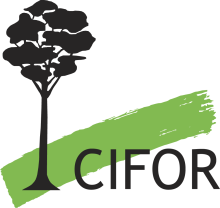Resource information
The ongoing expansion of oil palm plantations in the humid tropics, especially in Southeast Asia, is generating considerable concern and debate. Amid industry and environmental campaigners’ claims, it can be hard to perceive reality. Is oil palm a valuable route to sustainable development or a costly road to environmental ruin? Inevitably, any answer depends on many choices. But do decision makers have the information they require to avoid pitfalls and make the best decisions? This review examines what we know and what we don’t know about oil palm developments. Our sources include academic publications and ‘grey’ literature, along with expert consultations. Some facts are indisputable: among these are that oil palm is highly productive and commercially profitable at large scales, and that palm oil demand is rising. Implementing oil palm developments involves many tradeoffs. Oil palm’s considerable profitability offers wealth and development where wealth and development are needed—but also threatens traditional livelihoods. It offers a route out of poverty, while also making people vulnerable to exploitation, misinformation and market instabilities. It threatens rich biological diversity—while also offering the finance needed to protect forest. It offers a renewable source of fuel, but also threatens to increase global carbon emissions. We remain uncertain of the full implications of current choices. How can local, regional and international benefits be increased while costs are minimised? While much important information is available, it is often open to question or hard to generalise. We conclude this review with a list of pressing questions requiring further investigation. Credible, unbiased research on these issues will move the discussion and practice forward.



